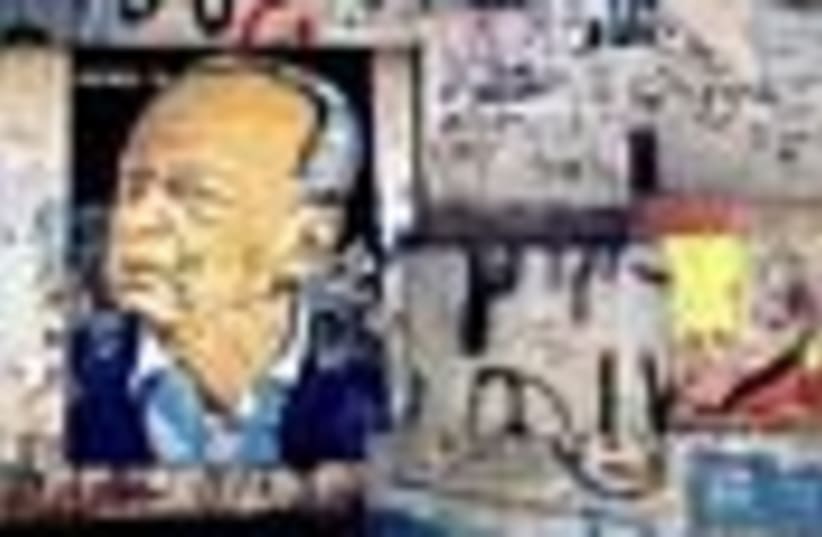| More about: | Yitzhak Rabin, Charles de Gaulle, Thomas Friedman, Tzipi Livni |
The metro-retro divide
Yoram Peri, author of new book on the culture war that led to Rabin's assassination, talks to the 'Post.'


| More about: | Yitzhak Rabin, Charles de Gaulle, Thomas Friedman, Tzipi Livni |